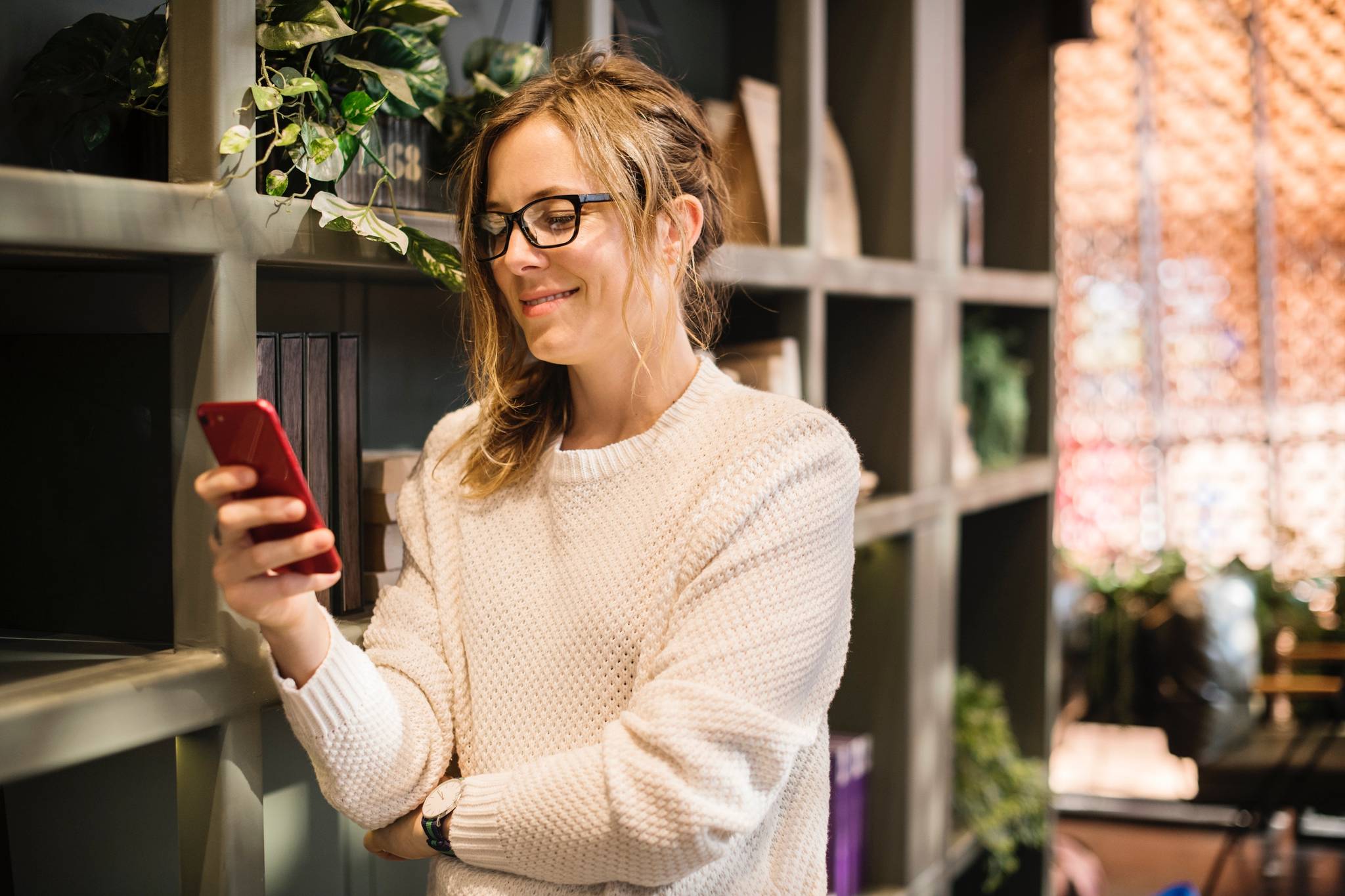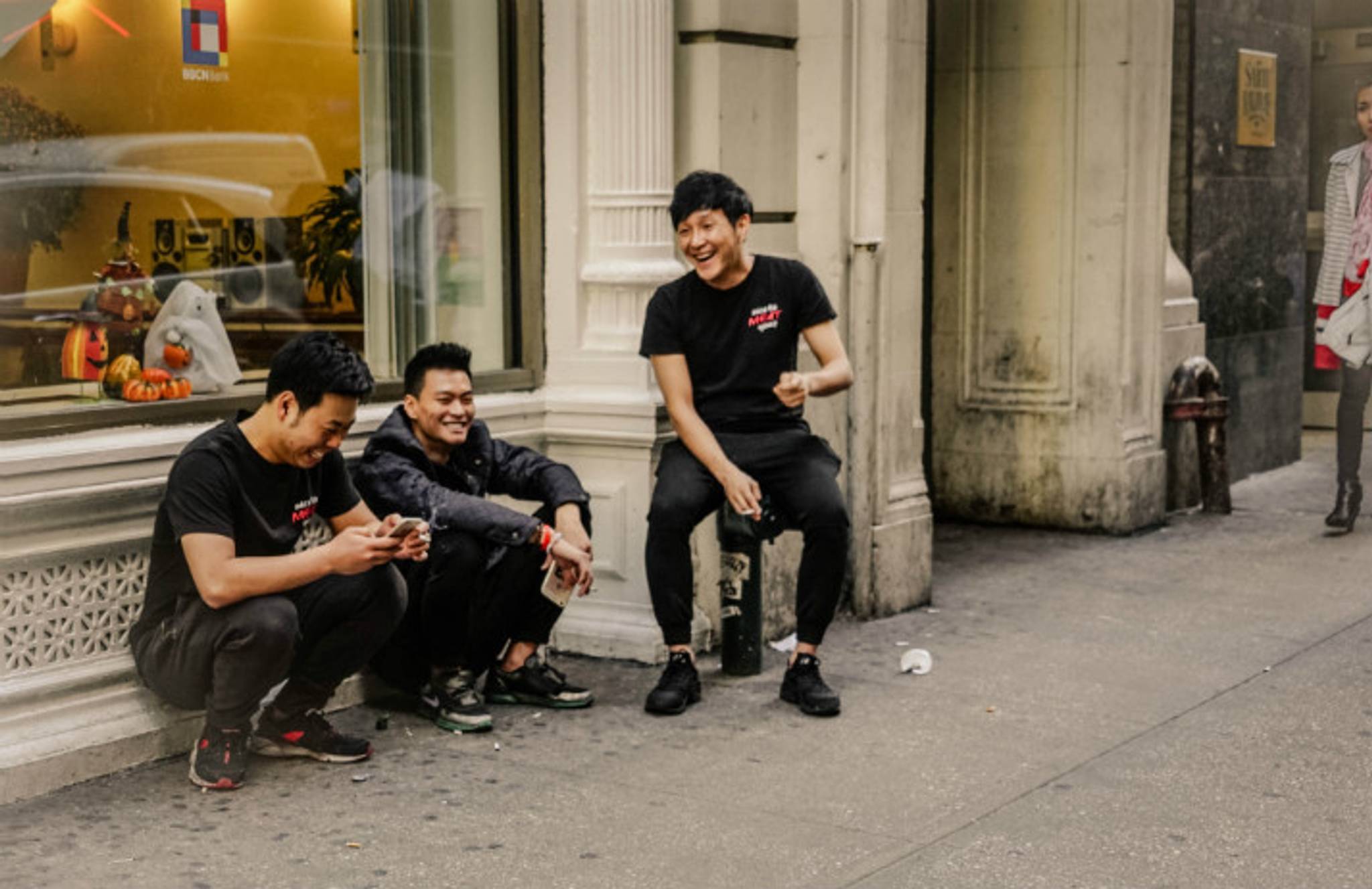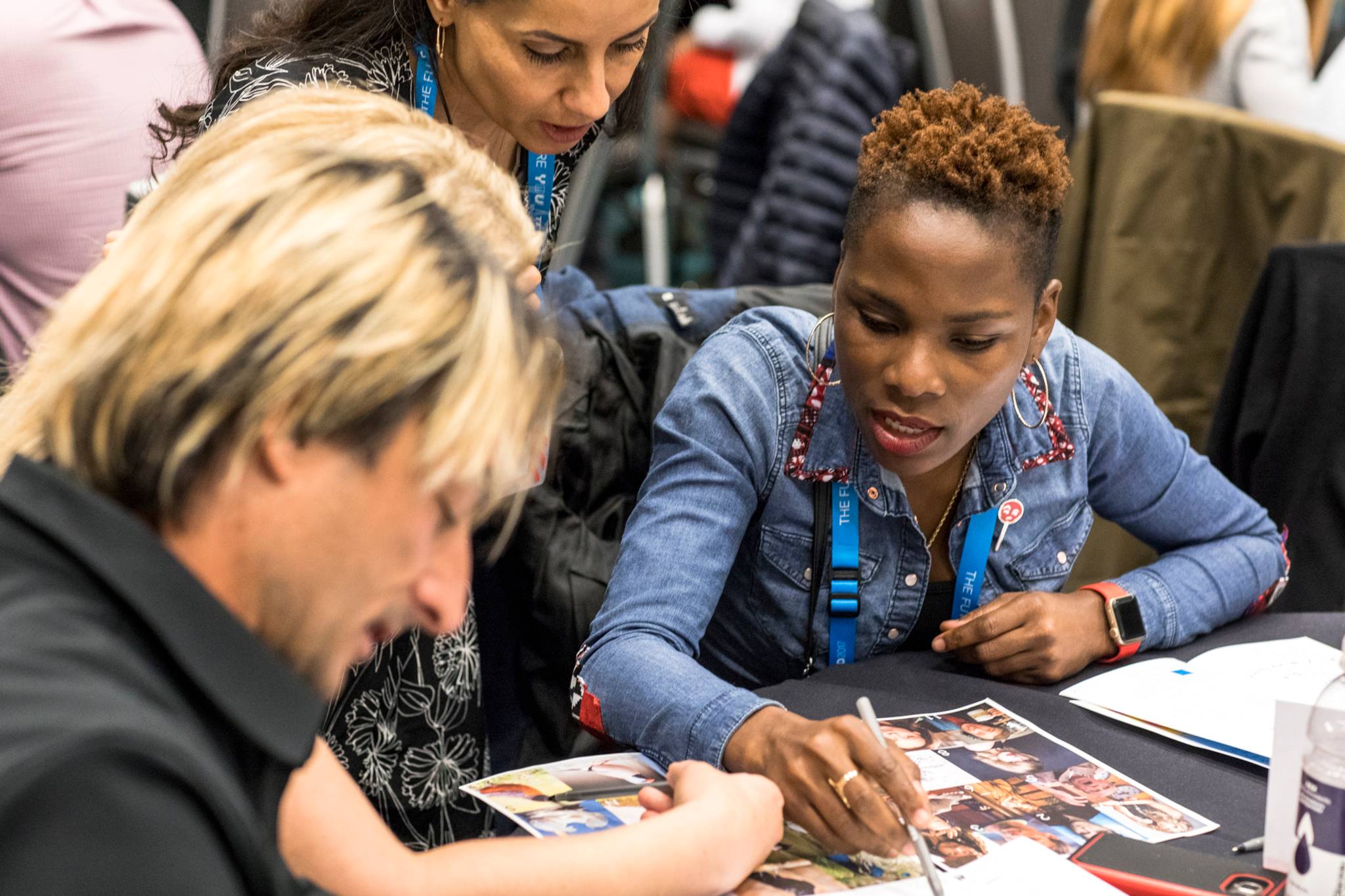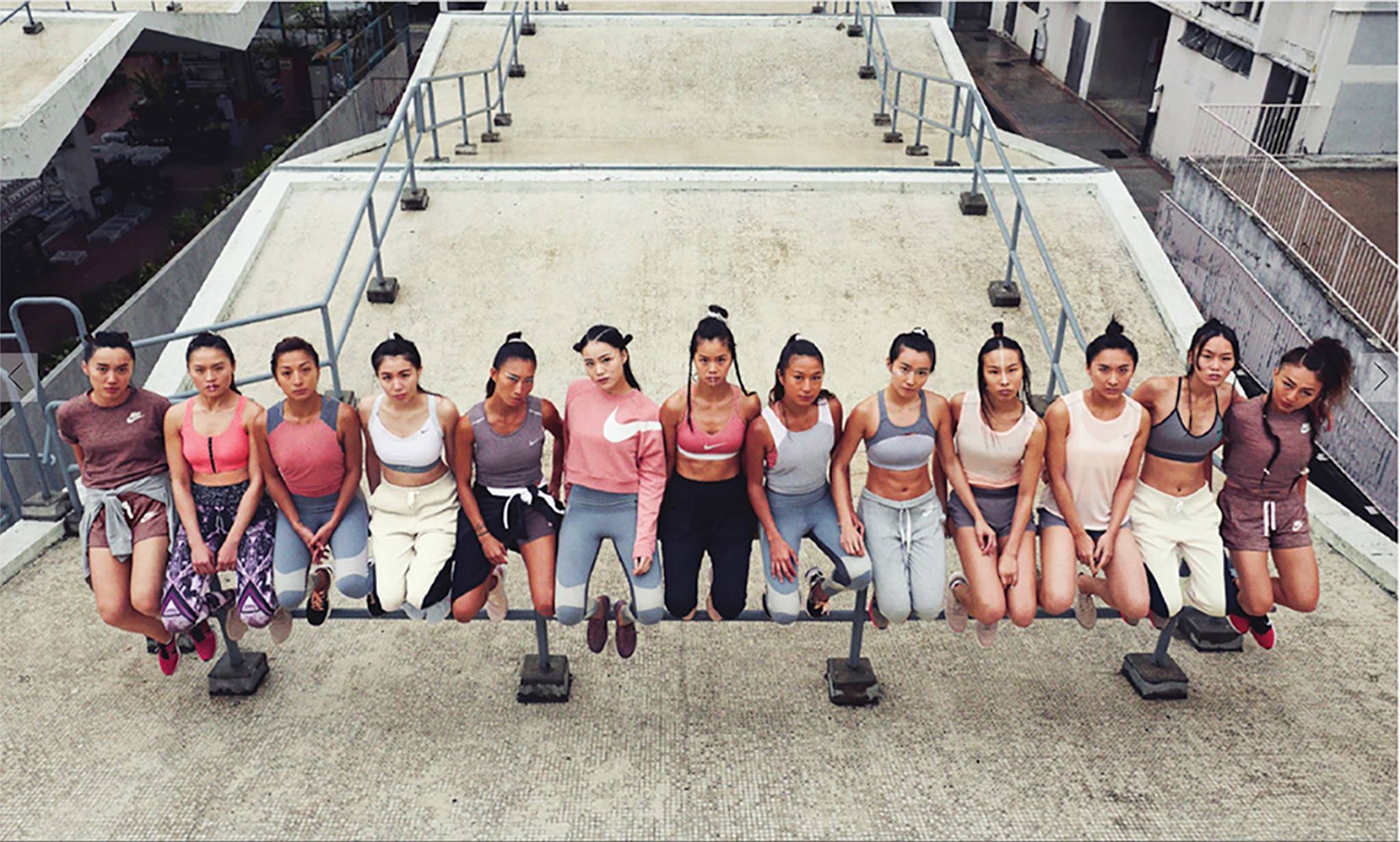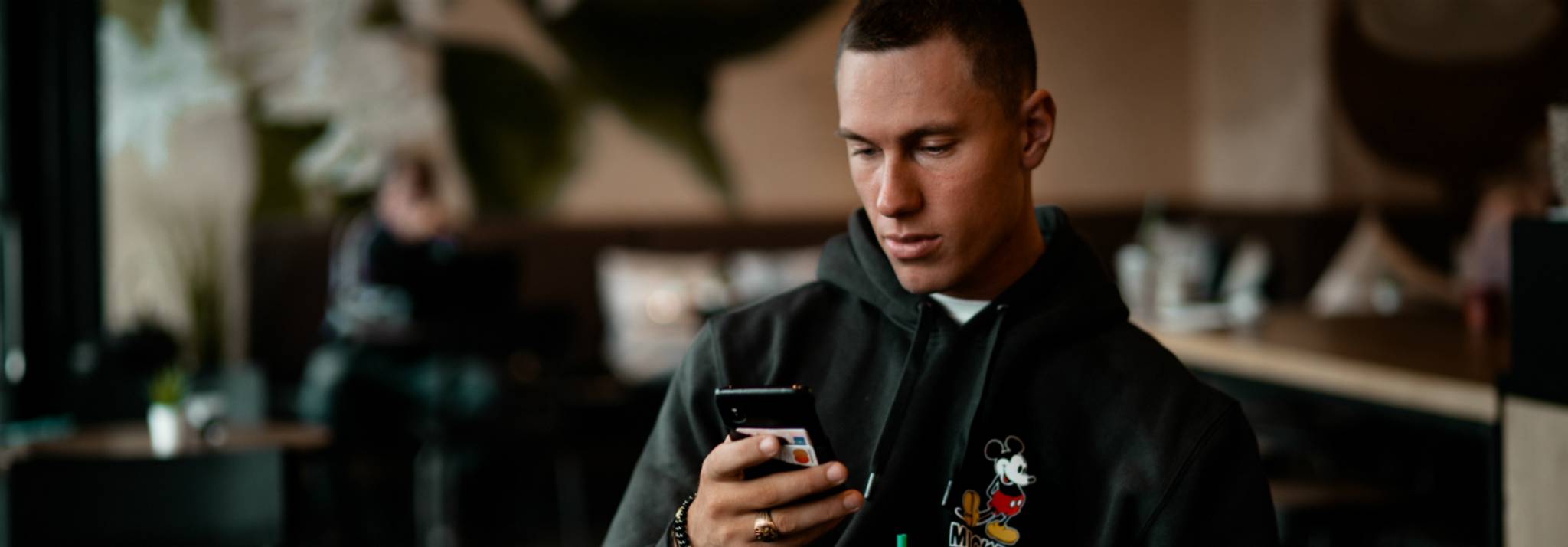
Has social media enabled politicians & celebrities to influence public opinion directly without the filter of mainstream media? How influential can brands really be in changing societal norms and behaviours? What are the hidden biases that affect our decision making? And can we really trust digital influencers to give us authentic opinions? At Mindshare’s 2018 Huddle – the industry-renowned ‘unconference’ – we invited Dr Mario Campana, a lecturer in Marketing and Consumer Behaviour in the Institute of Management Studies at Goldsmiths University to unpick the science behind the influencers of human behaviour, and demonstrate how they translate into real action.
For Huddle 2018, Mindshare is exploring ‘The New Era of Influence’. Uncovering ideas from how the influence of media brands is changing, what the impact of behavioural science is on the nature of influence in the 21st century and what the future holds for brands.
We live in a time when influencers – from the big time Zoellas and the un-human CGI Lil’ Miquelas – are second to none, and their co-sign of a brand can be invaluable. With 25% of Gen Yers consuming all of their media content through online streaming services, the traditional influence sourced from TV and news outlets has declined. Rather than receiving information from news programmes Gen Yers reap knowledge and find new brands or products from their favourite stars on social media.
While we might think that more followers = more influence, the sheer number of influencers being paid to recommend and advertise products is saturating people’s social feeds and causing them to question the authenticity of their opinion, and become fatigued by their presence. In fact, 44% of Britons feel influencer marketing is damaging to society. And while influencers may be able to impact our spending, no influence is stronger than our natural human biases – it’s these that underpin our IRL actions and these that advertisers and marketers would do well to understand when trying to influence our behaviour.
Using a combination of behavioural analysis and scientific theory along with a few interactive experiments in our Huddle presentation, Canvas8 and Dr. Campana invited the audience to identify and challenge their own biases where we then unpicked them to reveal why we’re not actually as great as we think we are.
Focusing on the psychological theory of loss aversion - the notion that people fear, and are more sensitive to, losses than they are gains - we explored three defining characteristics of our inner influencer. First, we revealed why this influencer is often so self-absorbed by unpacking the research behind the Endowment effect, which looks at how psychological ownership of an item makes people value it more. We then uncovered why our inner influencer is both a wimp and easily overwhelmed by looking at psychological research into people’s regret regulation strategies and ability to make decisions when faced with too much choice. By understanding these biases, we looked at how brands can influence our behaviour in more authentic and meaningful ways.
With the general theme for the ‘un-conference’ ‘The New Era of Influence’, Huddles and off-Huddles were separated by approach: Psychology, Media, Technology, Brand, Media and The Human, with interactive conversations and demonstrations helping us understand what the new era of Influence really means. Here’s what else we saw:
Bils, a behavioural advertising company, reflected on often binary demographic reliance which fails to paint a true picture of society. It’s important for ad agencies to be inclusive and reflective if they are to influence effectively. Using Heineken’s 2017 advert Bils demonstrated how stereotypes can be subverted through adverts - despite subconscious bias’ we are all human and oftentimes a conversation over a beer can influence inclusive behaviour.
Hannah Anderson – director of social and creative at Media Chain – explained the key to making viral social content for Gen Z. She says, “Nobody cares about indifference,” highlighting that the key to virality is triggering an emotional response from people.
Alex Beard, author of Natural Born Leaders, spoke of the intersection between machine and mind - how the former influences the latter and what this relationship could evolve over time.
Sophie Russell, business manager and Mark Wrafter, product strategy director at Dow Jones Sports Intelligence explored how we can deliver truth and verify sources in today’s complex media landscape, and how brands can curate influential narratives.
The ‘New Era of Influence’ means authenticity and inclusivity with special mention to Mutha, an editorial centring its narrative around sustainability - less doom and gloom and more what can we do? As the scope for influence continuously expands these themes are increasingly important given current global contexts and brands can be sources of inspiration, actively influencing positive behavioural changes in people.
Mica Anthony is an editorial assistant at Canvas8, which specialises in behavioural insights and consumer research. She’s passionate about uncovering the newest electronic music producers, re-living questionable ‘90s fashion trends, and building her Depop empire.
Sophie Robinson is a research intern and recent social anthropology graduate at Canvas8, which specialises in behavioural insights and consumer research.
